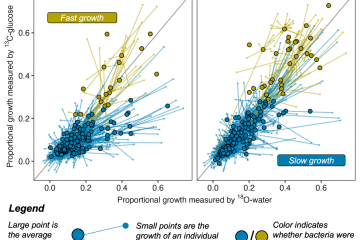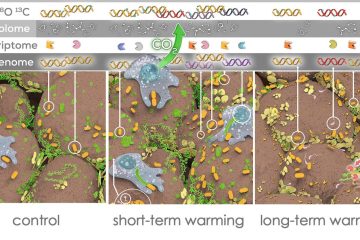A model-based meta-analysis for estimating species-specific wood density and identifying potential sources of variation
Plant functional traits are important determinants of survival and fitness, and wood density (WD) is a key trait linked to mechanical stability, growth rates and drought- and shade-tolerance strategies. Thus, rigorous WD estimates are necessary to identify factors affecting tree performance. We obtained 1766 records of WD from the literature for 141 tree species in the United States. We implemented a hierarchical Bayesian (HB) meta-analysis that incorporated sample size, variance, covariate (e.g. moisture content and latewood proportion) and methodological information to obtain standardized estimates of WD for 305 U.S. tree species. The HB framework allowed ’borrowing of strength’ between species such that WD estimates for data-poor species were informed by data-rich species via taxonomic or phylogenetic relationships. After accounting for important covariates and sampling effects, evaluation of the residual variation revealed the potential importance of environmental factors and evolutionary history. Differential variation in WD between species within genera and between genera within orders suggested that WD is relatively conserved in some genera and orders, but not in others. WD also varied between studies (or sites) indicating the potential influence of edaphic, topographic, or population factors on intraspecific variation in WD. Synthesis. Our hierarchical Bayesian approach overcomes many of the limitations of traditional meta-analyses, and the incorporation of phylogenetic or taxonomic information facilitates estimates of trait values for data-poor species. We provide relatively well-constrained WD estimates for 305 tree species, which may be useful for tree growth and forest models, and the uncertainties associated with the estimates may inform future sampling campaigns.


